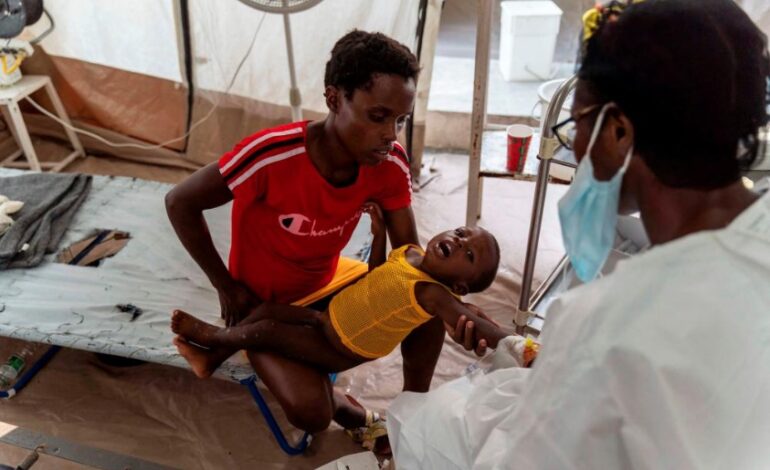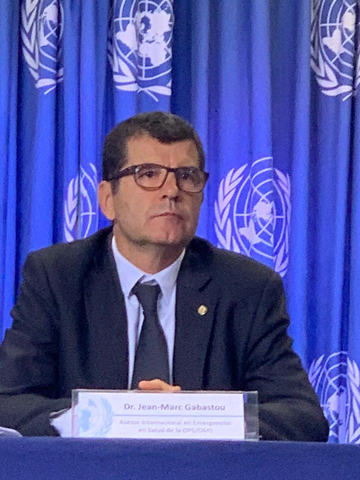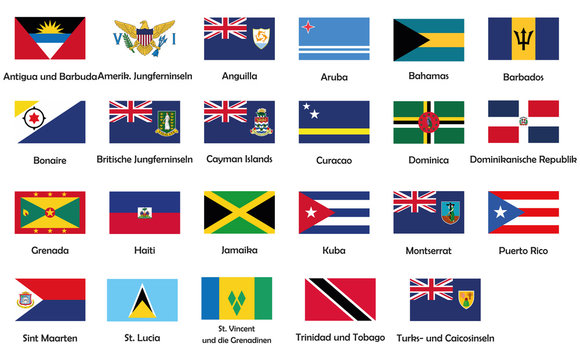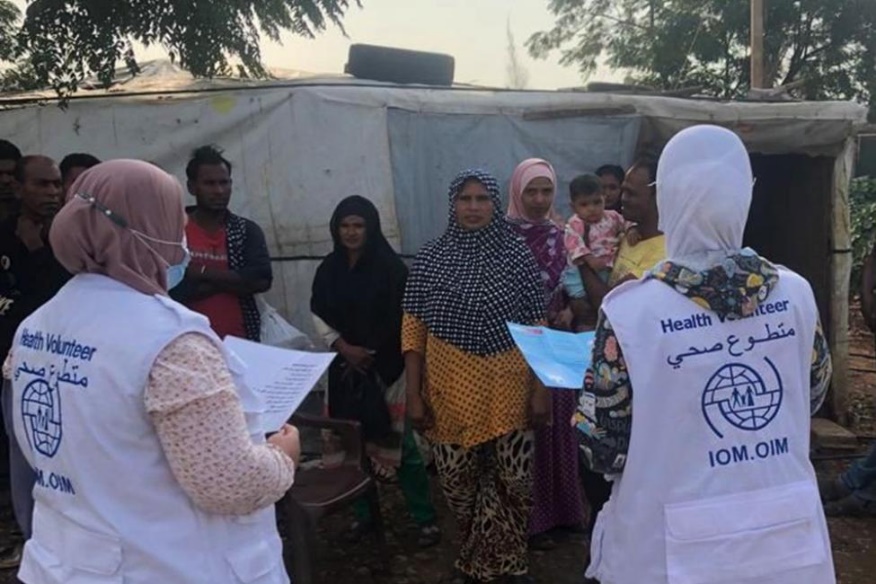
Avellon Williams
TRINIDAD AND TOBAGO- As part of its efforts to strengthen cholera surveillance in the region, the Pan American Health Organization (PAHO) aims to prepare national laboratories in the Caribbean with the ability to detect and respond to potential imported cases.

PAHO’s Regional Advisor in Public Health Laboratory Services, Jean-Marc Gabastou, stated, “it is crucial that national laboratories have the tools they need for the timely detection of Vibrio cholera.” Adding that “this is vital to ensure countries can respond to outbreaks, treat cases and prevent further spread.”
According to PAHO, the Costa Rican Institute of Research and Training in Nutrition and Health conducted a three-day virtual training workshop last week.

An official statement stated that 86 laboratory technicians from 13 countries and territories in the Caribbean attended the training, including Antigua and Barbuda, Barbados, Belize, Dominica, Grenada, Guyana, St Kitts and Nevis, Saint Lucia, St Vincent and the Grenadines, Suriname, Trinidad and Tobago, Turks and Caicos, and the Caribbean Public Health Agency.
“The sessions focused on a variety of factors related to the laboratory diagnosis of Vibrio cholerae, the bacteria that causes cholera, including the cultivation of samples from suspected areas, good laboratory practices, biosafety, reading and interpreting biochemical tests, PCR testing for virulence factors, antimicrobial susceptibility; and the correct use of Rapid Diagnostic Tests, among other topics,” PAHO said.

According to the Pan American Health Organization (PAHO), cholera began in Haiti on October 2 last year and the first case was reported in the Dominican Republic in November.
Despite the outbreak being contained on Hispaniola, an assessment by PAHO in December 2022 stated the risk of imported cases to other countries and territories of the region was moderate.
“This is due to ongoing migration from Haiti, as well as the ability of countries to detect and respond to outbreaks, and the burnout of health workers following the pandemic,” PAHO said, urging all countries in the region to strengthen and maintain cholera surveillance, as well as prepare to detect and respond to suspected cases as soon as possible so that adequate treatment can be provided.

A person with cholera is infected by Vibrio cholerae after consuming food or water contaminated with the bacterium. Without prompt treatment, it can quickly cause severe dehydration and death due to watery diarrhea.




